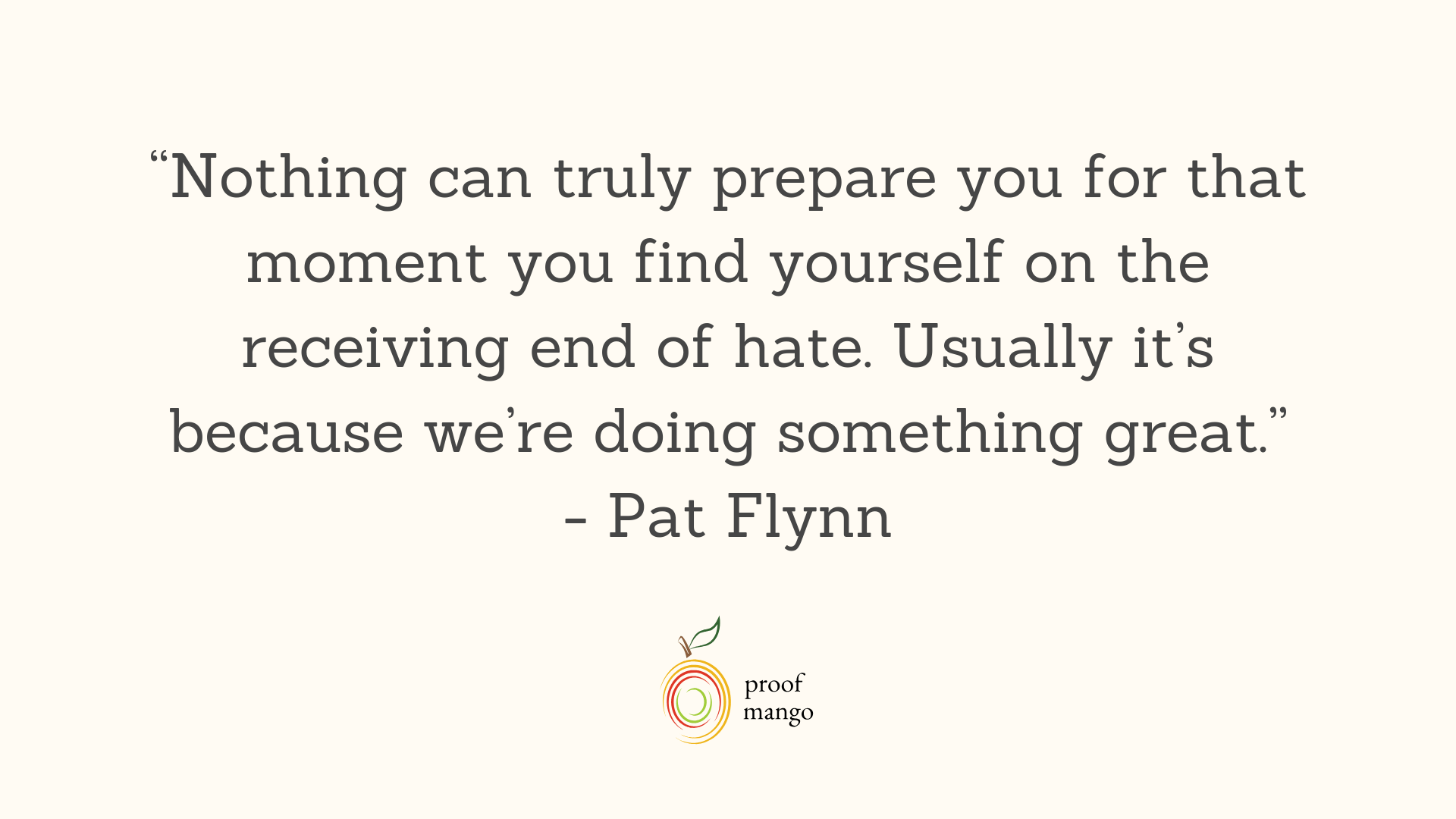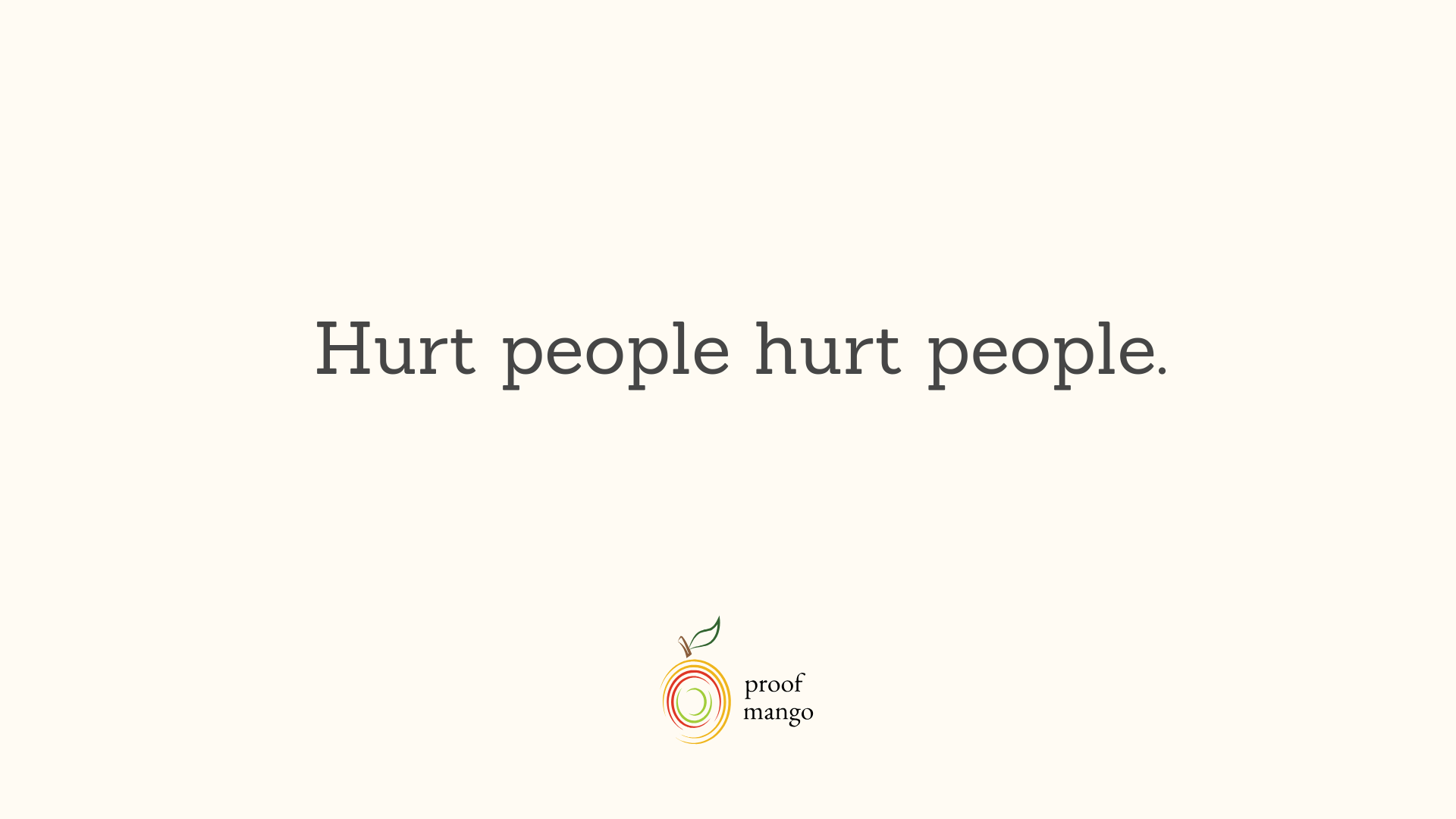Negative feedback about your online course is unavoidable, but you can still respond positively so that both you and your student benefit.
You can have 1,000 students who love your course and still be sad about that one guy that didn’t.
Our tendency to focus on the bad is real.
And no matter how confident you are in your online course, it’s hard not to take criticism to heart.
But as passionate creators and business owners, negativity from other people is part of the package. The trick isn’t in avoiding it, but in how you’re utilizing it to build a better online course business.
Below, we’ve presented various situations where students complain about online courses and the best ways to respond to them.
We’ve also included some action steps to prevent course complaints where you can, as well as some positive ways to respond to negativity when it comes your way.
How to Respond to Negative Feedback in Your Online Course
If you’ve created a course and experienced even mild success, you’ve come across negative feedback. Here are a few examples of negative online course feedback and how to respond.
The Course Wasn’t What The Student Thought it Was
Any time you’re selling things online, you’ll likely run into someone who isn’t satisfied.
In the online course world, this is usually a student who didn’t realize what they were buying when they signed up. Either the course was too advanced or didn’t have the information they wanted.
As an online course creator, it’s easy to roll your eyes at these types of buyers and think:
Didn’t you read the sales page and see what you were signing up for?
If a student is upset because the course isn’t what they thought it was, take it as an opportunity to revisit the expectations you’re setting. Is it really clear who the course is for and what they are going to get?
Also, always make your disgruntled students feel heard. Even when you think they’re in the wrong. Hear them out and try offering them guidance that will get them to their desired outcome.
If the course is more advanced than they thought, for example, you could choose not to refund, but give them free access to a more basic course on the same topic (if you have one).
Or you could refund them and offer them a discount for the basic course.
Whatever you decide, it’s usually not worth making an enemy or dealing with a dispute. Spend some time with them to see if there’s a middle ground where they can still benefit, without having to give a full refund. If that’s not possible, try and decide what seems fair given the student's unique situation.
The Course Requirements Weren’t Clear
Sometimes students are confused about prerequisites for an online course. Maybe they don’t realize they need certain tools or resources to complete the assignments in your program.
In a Facebook group, I recently read about a course creator who received highly abusive hate-mail because their student couldn’t figure out how to use a free tool required to complete the assignments in the course. They then felt cheated when they realized they might have to purchase an additional tool to complete the course.
There’s no reason to send hate-mail for something like this, but it does happen.
Sometimes, you have to remember that students don’t want to reach out when they need help – they’d prefer to assume you’re doing something to cheat them, and they take it out on you.
Before responding to angry students like this, take a moment to gather your cool. This is someone who handed over their hard-earned money to be a part of your program, and they deserve your respect.
As you’re trying to calm down, remember that hurt people hurt people. Most of the time, people are taking out their own past hurts on you and it has nothing to do with you. Give them the benefit of the doubt and try to distance yourself from the situation.
If you distance yourself, it’ll help you respond to the situation rationally.
By taking the emotion out of it, it becomes a simple case of communication. Talk to the student kindly about the free tool they couldn’t figure out how to use. Go the extra mile to make sure they know how to use it. Send them a short video tutorial, and let them know you’re there for them.
Try finding a middle ground. If you can’t, and a refund would be easier, go for it.
The Course Could Be Better
This is probably the worst type of feedback to hear from a student.
“This online course could be better.”
After the blood, sweat, and tears you’ve put into the course, this is the last thing you ever want to hear.
But students who pay a high price for your course expect to learn something very specific and to be supported. They’re not trying to be a bully, but they were let down in some way and they’re hoping their feedback will change something.
(Again, hurt people hurt people.)
Aarin Morin of Thinkific has great feedback for when someone says your course material could be better.
“If you’re getting feedback on how your material could be better, just understand that the customer cares deeply about you and their relationship as expert and student.”
It’s hard to see that sometimes, but it’s true. If they didn’t care so much about what they were hoping to accomplish with your course, would they have left a comment at all? The action of leaving a comment alone is enough to take their feelings into consideration.
This is a great opportunity to inquire as to what material you could add to your course that would help. If one student is feeling this way, it’s possible others do as well.
With comments like this, it’s best to have them clarify so you can both benefit in the future. Try and refrain from attacking, and think along the lines of helping, so you can improve your course in the long-term.
Action Steps to Prevent Negative Feedback About Your Online Course
There’s no way to avoid negative feedback about your online course. But there are a few things you can do to try and prevent it, and to be as helpful as possible.
Make a Video About What You’re NOT
Use negative feedback or abuse to make your marketing better.
Create a video about who your course is NOT for. Or at the very least, make sure this is clear in your video marketing.
Dedicating a section of your marketing to this can help weed out people who might be unhappy with your course. And be sure to use any negative feedback you’ve received to help you explain who your course is not for in your video.
Make Your Policies Crystal Clear
It’s obvious that you have to make your refund policy (or other conditions) clear in your terms and conditions. But if there’s even a slight chance that the details about your course can be misperceived in some way, there’s potential for negative feedback and disputes after purchase.
Put in the effort to be very clear and upfront about exactly what the student will get, and what your refund policies are.
Create Prerequisite Courses that Might Help
If you’re offering advanced or intermediate training, be ready for beginners to sign up.
Create additional resources to help your beginners. This might even include an entire beginner’s course (the basics) just to get your advanced or intermediate students up and running.
It’s a lot of extra work, but it will keep your students happier in the long run and prevent any confusion about course expectations.
Create Detailed Instructions on How to Get the Most Out of the Course
We all know we should be providing instructional and welcome videos to help new students get the most out of our course.
Some courses require additional tools or software to be installed, and require additional clarity and instruction. If you’re not abundantly clear with your students on how to install this stuff, they’ll get upset and feel cheated.
Make sure you’re creating very detailed videos to help people install any required software for your training. Don’t give them any reason to believe you’re not helping them.
How to Handle Negative Feedback When it Affects You Emotionally
Now that we’ve covered how to respond to negativity in different situations in your online course, below are a few ways you can respond to it mentally.
Meaning, how do you deal with negativity on an emotional level? Does it make you physically sick? Does it stop you from moving forward in your course business?
As an entrepreneur myself, I know the ups and downs of online business. Some of these tips should help when the mental anxiety of all of that negativity gets to be too much.
Always remember that all feedback is good feedback.
That may sound cliche, but it’s true. Regardless of the feedback, and whether or not you agree with it, it’s what’s happening and it needs to be dealt with.
If a student claims that your course somehow “tricked” them into buying it and they want a refund, this is good news. You now have feedback about your sales copy; maybe it’s too aggressive or maybe the refund policy needs to be a little clearer.
Whatever the feedback is, remember that it just is.
Try not to form any judgments around it or attach too much emotion to it.
Take whatever steps you need to in order to solve the problem, and store the feedback in a folder titled Feedback.
Negative feedback is a notification that something should be tweaked or improved, therefore, consider it good.
There’s a great quote out there that says, “Look for the gift and ignore the packaging.”
Sometimes tremendous insight can come from critical people. Always seek the opportunity to learn and grow.
Create a smile file and revisit it often.
Studies show that it takes more time for us to hold onto a positive comment than a negative one.
Instead of dwelling on negative comments, take some time to try and reinforce the positive by creating a smile file (and revisiting it often).
A smile file is something you can create wherever you’d like: Evernote, Google Drive, Trello, Asana, a folder on your computer, wherever!
But the idea is, you put things in it that make you smile. Maybe some nice reviews or comments you’ve had about your course. Or maybe notes on instances of kindness, or times people went above and beyond to help you.
Whatever has made you smile along this journey as an edupreneur, add it to your smile file. Try dwelling on the positive.
You're Not Alone in This
At the end of the day, it always helps to reach out and talk to people in the online course community if you’re dealing with a rough student.
Try joining the Thinkific Facebook group and letting other people know if you’re struggling. I promise you, a ton of people are struggling with the same thing you are. And given our propensity to dwell on the negative, you’re definitely not alone.
Have you ever had a bad experience with a student? Tell us about it in the comments.
Till next time, friends!
Monique









Amazin!